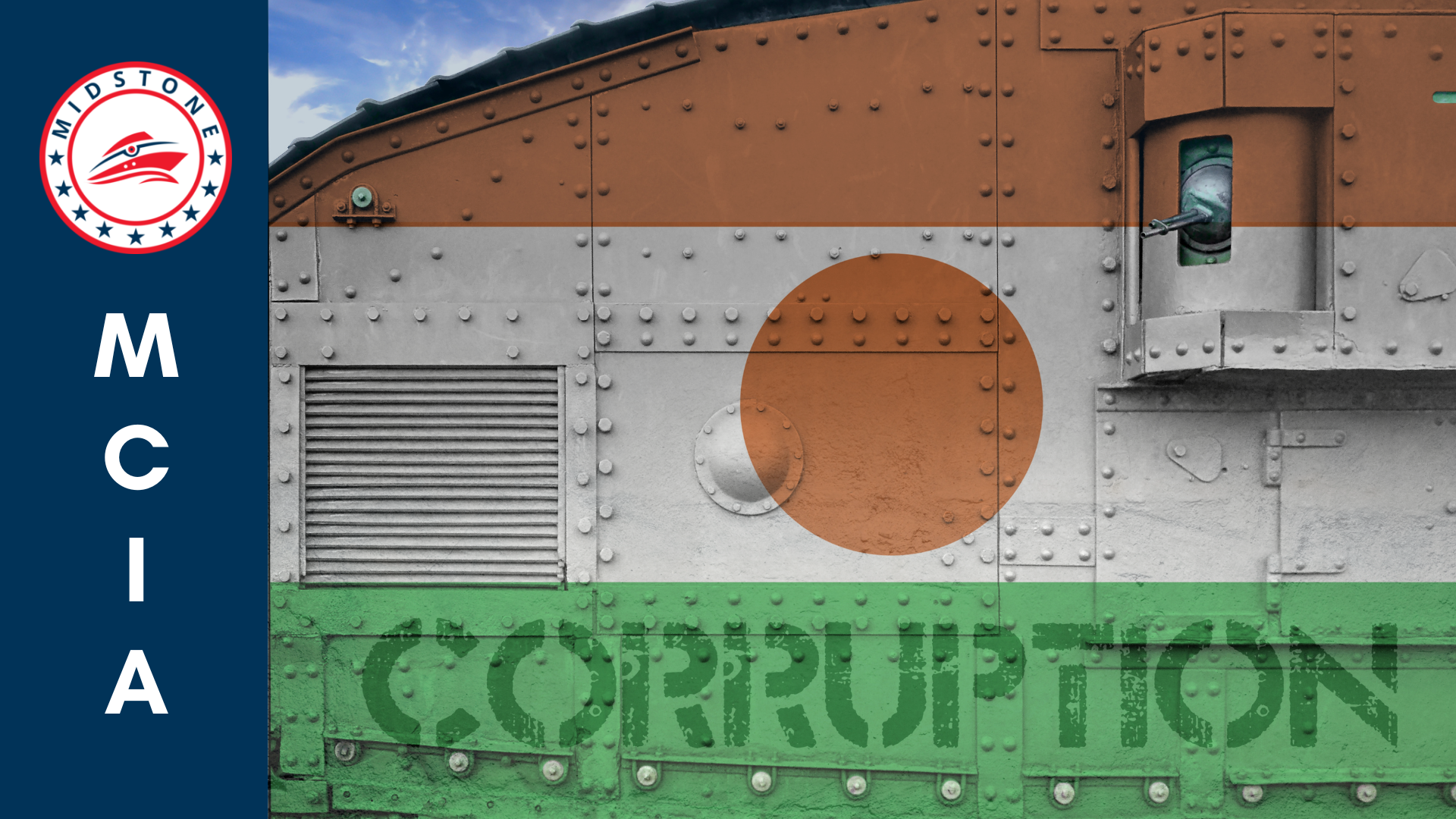
When it comes to sudden and often violent changes in government, there is a saying that suggests that it is not essential who carried out the event, but who paid for it.
This scenario appears to be underway in Niger, and it became quite clear after the military junta sent a delegation to Guinea to seek additional support to prevent an intervention by the regional body ECOWAS. When the bloc imposed sanctions against Niger in late July, the junta in Conakry issued a statement expressing its support for the people of Niger.
However, there is an interesting detail regarding another delegation that went to Guinea over the weekend of August 12th. After ECOWAS decided to pursue a diplomatic solution while preparing for military intervention, the junta felt secure enough to send the delegation. One person who was in the delegation, according to social media posts, is a person with a dubious record. His name is Aboubacar Charfo.
The reason why Mr Charfo’s name is interesting dates back to 2020 when his name appeared in an audit conducted by the Inspector General of the Nigerien Armed Forces. This independent body found that during the review period from 2011 to 2019, out of a total of $875 million in arms purchases, $320 million were found to have problems. The period of the audit is also concerning, as it was during a time when Western countries were increasing their support for Niger in the Global War on Terror. A deeper look into the numbers shows this was a concerted effort by corrupt officials and brokers to siphon off government funds. The audit also found that 76 billion West African francs, or approximately $130 million, were lost to corruption.
Looking into the background of Mr Charfo presents some interesting reading. First, it is notable that he is a construction contractor with no previous experience in the defence sector. The allegations against him are that he worked with Aboubacar Hima, a known arms dealer, in a scheme where companies controlled by both men rigged bids in such a way as to create the illusion that they were in direct competition for government contracts. Their success points to the opportunities that are available to a small clique of insiders with close ties to the Niger government.
Two additional pieces of information are revealed. Mr Charfo is from the same political party and the same geographic region as former President Mahamadou Issoufou. Additionally, there have been no prosecutions for any of the allegations documented in the audit. Considering the rhetoric that has been levied against the recently ousted President Mohamed Bazoum regarding treason and other crimes, this background is quite revealing as to a potential reason why he was ousted.
This could also be a reason why there has been such a muted response to the putsch by the Biden administration. During the audit period, it was revealed that the United States had provided over $240 million in military aid to Niger. A recent report indicates that this total grew to over $500 million before President Bazoum was removed from power. The audit did not reveal if any American aid fell victim to the corruption efforts. In March of this year, Secretary of State Antony Blinken made an official visit to Niger to promote the strategic relationship between the two countries. The longer the situation in Niger remains fluid, the more concerns there will be about how this relationship can be fostered in the future.
In a sign of its displeasure over the removal of President Bazoum in July, the Biden administration has paused some of the assistance that it is providing to Niger.
It is clear that within Niger, the putschists and their allies are able to control the narrative that is being revealed to the population. The language used about the junta being willing to listen to democracy is being undercut by the decision to charge President Bazoum with high treason. Despite the rhetoric, members of the junta and other well-connected people apparently wanted President Bazoum removed from the scene so that they could resume their illicit activities.
The immediate future for Niger is looking bleak. The Sahel will suffer, as will Nigeria and Europe.
